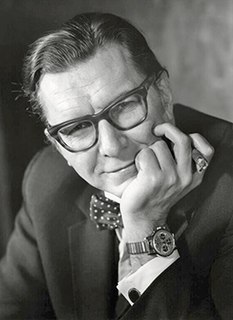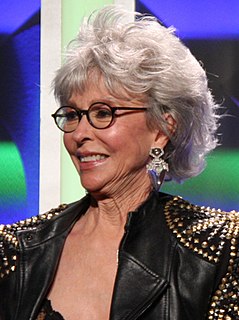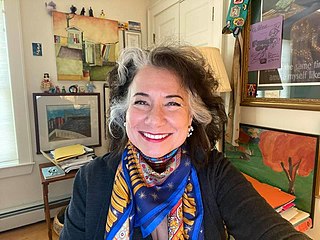A Quote by Laurence Shames
All of us ambitious young writers hoped to have a cover story in Esquire, of course. The idea was to write the best, most entertaining article that you can.
Related Quotes
I was kind of amazed because I first found out about blue boxes in an article in Esquire magazine labeled fiction. That article was the most truthful article I've ever read in my life... That article was so truthful, and it told about a mistake in the phone company that let you dial phone calls anywhere in the world. What an amazing thing to discover.
One of the ways in which writers most show their inventiveness is in the things they tell us about how they write. Generally speaking, I don't like to make a plan before I've written a story. I find it kills the story - deadens it, makes it uninteresting. Unless I'm surprised by something in a story, the reader's not going to be surprised either.
You were born with the seeds of your talent, the ability to observe the world around you and weave piece of it into a story. I believe that most -- if not all -- people are born with these seeds. What separates the writers from the non-writers is that the writers actually sit down and, you know... write.
There are, occasionally, writers who are able to combine both story and style. They are, of course, the best. You get a spectacular view and you also get to look at it from the backseat of a chauffeur-driven Cadillac. In the field of fantasy, those writers able to combine story-as-narration with story-as-style are even rarer. But there are a few...the late Theodore Sturgeon, the early Ray Bradbury...and Richard Christian Matheson. A brilliant chip off the old block.

































